How to name your start-up, according to branding experts
From ensuring your branding is unique to making a good first impression, we asked London’s top creative consultancies how to name your new start-up
‘What’s in a name?’ It’s likely that, when Shakespeare asked that question, he wasn’t concerned with what to call his latest line of organic CBD energy bars, or how to sum up a new brand of fruit-inspired vape juices in one or two pithy words.
But that doesn’t mean we can’t relate to his age-old dilemma today. With more start-ups starting up than ever before, new and memorable names are becoming increasingly difficult to come by. Brands need names that are memorable, unique and informative — and they’re having as hard a time as the bard coming up with them.
So, whether you’re looking to boot up a new bank, launch a range of supplements or break into the burgeoning biomaterial industry, you’ve got a challenge on your hands. We asked some of the best branding agencies in London for their top tips on naming your start-up — and giving it the best chance of success.
Make it memorable — but keep it related to your business
“As a business owner, naming your start-up can be challenging,” says Stewart Hodgson of Fabrik Brands, “but it can also be enjoyable. Try to develop lists of names that fit within a category or theme that are related to your business. These can be both invented or descriptive names, or a hybrid of both.”

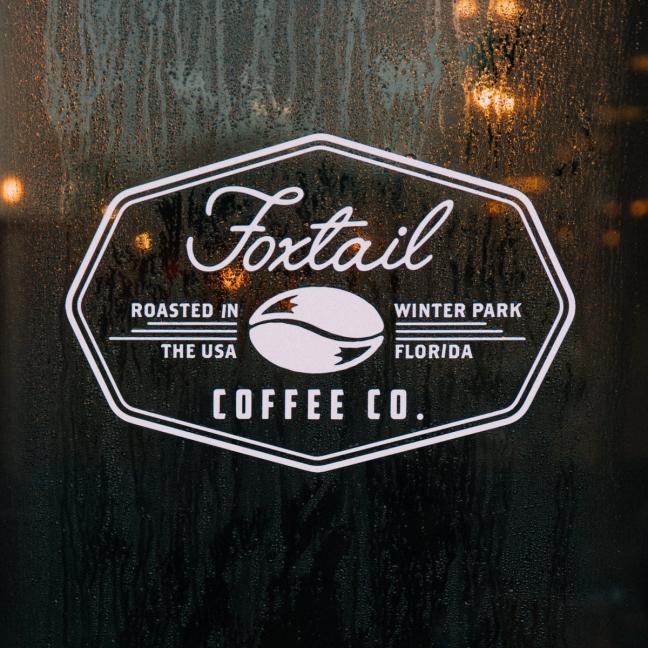

A memorable name, Hodgson continues, is one that will call to mind the purpose of your business. There’s no point giving a coffee shop a name that makes it sound like a pub or bar. So look for words that may even only tangentially refer to your business — grounds, roasted, bean etc — and work from there.
“Involve your team,” adds Hodgson, “and shortlist names based on a pre-defined criteria — such as how the name sounds, how it looks on paper, its uniqueness and, perhaps most importantly, memorability.”
Make it unique — but not too obscure or crazy
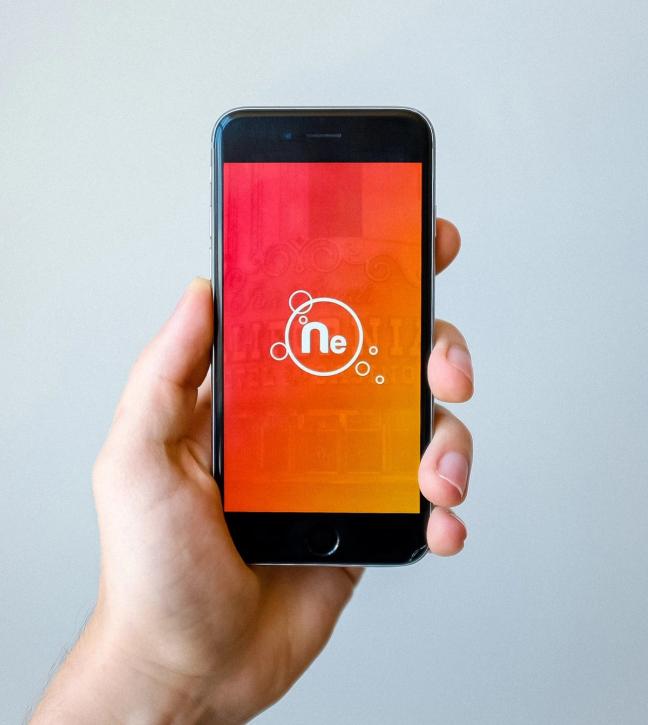
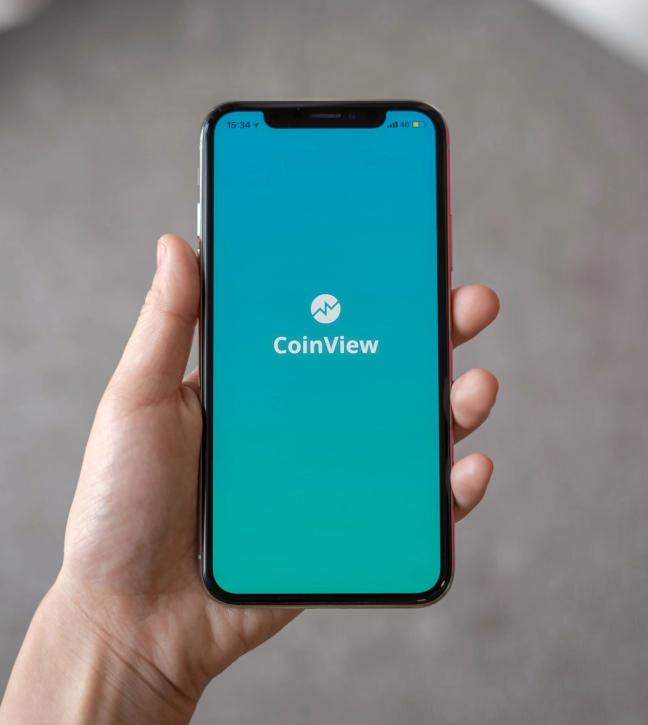
“Look at Shell or Apple,” says Greg Vallance of Honey Creative. “When these brands were named, they were challengers. Next to British Petroleum and Standard Oil, or Microsoft and Cisco Systems, they disrupted and stood out from the establishment in each sector. And this move to more unique names has worked.”
"This move to more unique names has worked..."
More and more new brands are taking chances with their names, explains Vallance, but he suggests you don’t go too crazy with your start-up’s moniker.
“When many brands start,” he adds, “they try to stand out from the crowd using bold colourful design, an anarchic tone of voice, attention-grabbing social media and humorous visuals. But most don’t go for a crazy-sounding name — because your name has to stay with you forever. You can change your visuals but you have to live with that name.”
Ensure your new name will make a good first impression
“Remember, your organisation’s name makes an immediate impression,” says Fabrik Brands’ Stewart Hodgson. “Often, it’s the first exposure a potential customer, employee or stakeholder will have to a business, and the products and services it provides.”


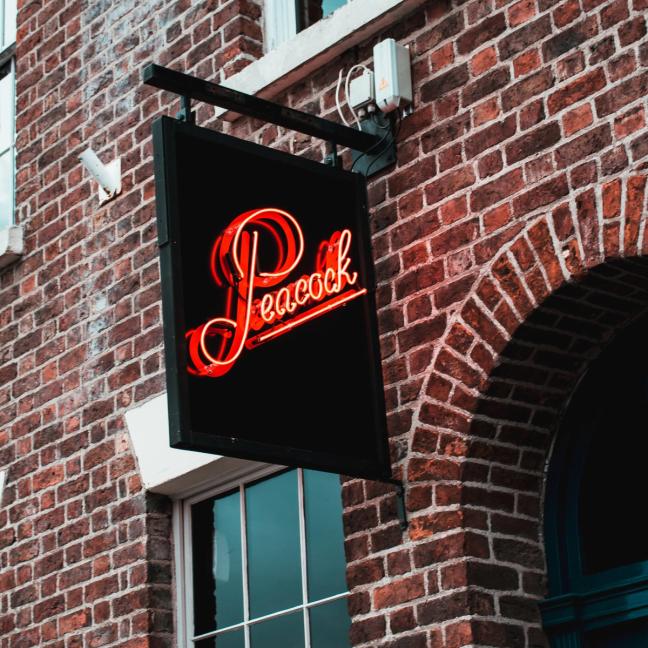
It pays, then, not to drag it out or make your company sound boring, out of touch or incompetent. Hodgson’s advice to achieve this? Don’t make your new business name too long.
“Go short, snappy and catchy, like eBay, Monzo, and Asana,” he says. “Monikers that fall into this category tend be invented, or abstract, which can make them more memorable, and easier to work with from a branding perspective. This in turn leads to increased word of mouth, greater brand awareness and repeat custom.”
Approach the task from a number of directions


“There are many different ways of getting to that magical, perfect, unique name,” says Honey Creative’s Greg Vallance. “It just depends on the sort of person you are. You could try getting a group of people together over a glass or two of wine to kick around a few ideas. Or you could try a more structured approach.”
"There are many different ways of getting to that magical, perfect, unique name..."
“But, however you approach the task, remember that your name should reflect the brand’s personality, ethos and point of difference versus the competitors. It needs to appeal to a target audience, help flick a switch and not make people say: ‘What were they thinking?’ or ‘I just don’t get it!’.”
Finally, think long term — and make sure the domain name is available

As Vallance warns, you’re stuck with whatever name you choose. But, even though you may be embarrassed down the line or end up looking outdated, there are bigger problems that will present if you opt for a duff epithet.
“A descriptive name,” says Hodgson, “such as Paypal, JustEat and MoneyBox, can have implications for growing a brand further down the line — if you want to expand into new areas, for example. Although, these descriptive names can also make a more immediate impact by telling your audience precisely what you do — so you have to weigh up the pros and cons.
“And, as with all naming exercises, the key requirement is to obtain an appropriate domain name before you commit to the name — which is becoming increasingly difficult.”
Got your name? Now you’ll want to size up the competition. Here are the tech start-ups to look out for this year…
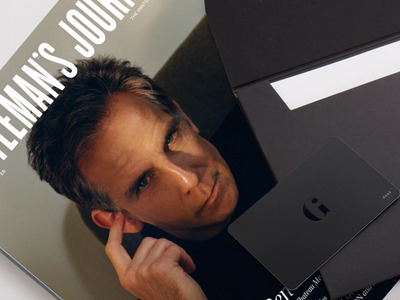
Become a Gentleman’s Journal Member?
Like the Gentleman’s Journal? Why not join the Clubhouse, a special kind of private club where members receive offers and experiences from hand-picked, premium brands. You will also receive invites to exclusive events, the quarterly print magazine delivered directly to your door and your own membership card.


